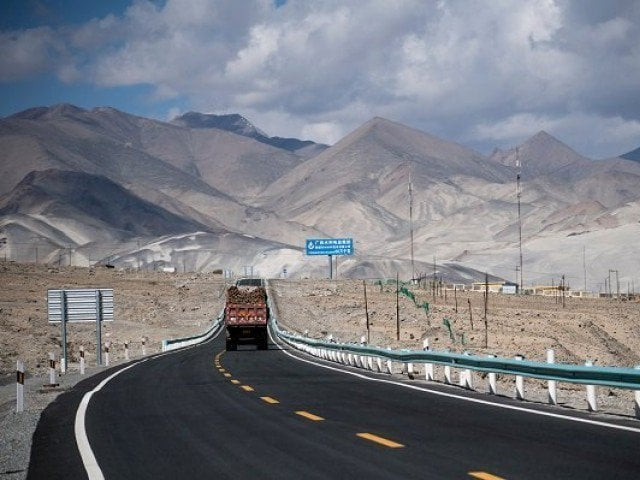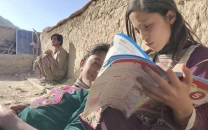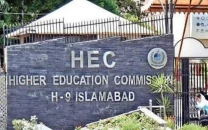Special economic zones to be built in second phase of CPEC
Ambassador to China mentions multiple Pakistani products to be exported to Beijing

PHOTO: REUTERS/FILE
Giving an interview to China Economic Net, Hashmi said, “Special economic zones in various parts of the country will be established in the second phase of CPEC.”
The ambassador emphasised importance of agriculture sector and its potential.
“Investment in agriculture sector of both the countries by establishing special economic zones will boost cooperation in Chinese and Pakistani agriculture sectors,” said the ambassador.
She added that operations of China-Pakistan Free Trade Agreement would decrease prices as import duty would not apply to products.
“The establishment of special economic zones, rise in number of agreements and cooperation in the agriculture sector — a priority of President Xi and Prime Minister Imran Khan — will have potential of investment, growth and re-export of value added products to China,” said the envoy.
Talking about Pakistani products having export potential to China, Hashmi said that the third Mango Festival was held in Pakistan Embassy in Beijing to spread knowledge of Pakistani mangoes to consumers.
The envoy said, “Mango is Pakistan’s leading export and we expect that the exported product will be sold in supermarkets across China.”
Hashmi also talked about prices of mangoes exported to China. She said that prices of Pakistani mango in China were higher because a series of tariffs were added to the product while exporting. Moreover, mangoes were also treated with hot water, steam sterilisation and other technology hiking price of the product.
She lamented that unavailability of the technologies in Pakistan causing increase in mango prices.
The ambassador presented a solution to reduce price of Pakistani agricultural products in China.
“Joint venture is the first step to reduce the price which can be achieved through introduction of technology and working with farmers and exporters to set reasonable price in order to meet China’s requirements for imported fruits and vegetables,” said Hashmi.
Secondly, the diplomat believed that many products could be transported by road to China through establishment of cold chain system — an initiative of CPEC. Up till now, the short shelf life products, like mango fisheries and other agricultural products, were exported by air with increased prices. She believed that Chinese investor could invest in the business of exporting products from Pakistan.
Stressing on the importance of business, the envoy said, “The business will be beneficial for importers and exporters in Pakistan with introduction of high-quality agricultural products to China at reasonable prices.”
Ambassador Hashmi said that some traditional exports of Pakistan would be famous in China after implementation of FTA Phase-II through zero-tariff treatment given to 313 types of Pakistani products.
“Pakistan’s most famous Basmati rice is not popular in China though Islamabad exports many varieties of rice to Beijing,” she added.
She emphasised that Pakistan would be able to export IRRI-6 — a small grain of glutinous rice — close to a type of Chinese rice.
Briefing on the amount of sugar, a new item, exported to China, the envoy said, “Pakistani sugar was a new product launched in Chinese markets. If the attempt is successful, more sugar will be imported to China in the next two years.”
The ambassador added that Pakistan produced huge amount of cotton which could be exported to China as Beijing has vast number of textile industries.
Talking about Pakistani minerals and gems having great potential in China, Hashmi said, “Balochistan is the only province producing Onyx in the world and Chinese have specific inclination towards the stone.”
She added that gem was another area where Chinese joint venture could help building Pakistani industries especially exports of gold and copper to China.
Hashmi added that Pakistan has abundant gems in northern areas but it lacks advanced technology to polish gems. However, Chinese could help the country to make beautiful jewelry products.
“Chinese technicians, stone importers and manufacturers could work with Pakistan Enterprises to establish joint ventures,” she added.
Published in The Express Tribune, January 6th, 2020.



















COMMENTS
Comments are moderated and generally will be posted if they are on-topic and not abusive.
For more information, please see our Comments FAQ